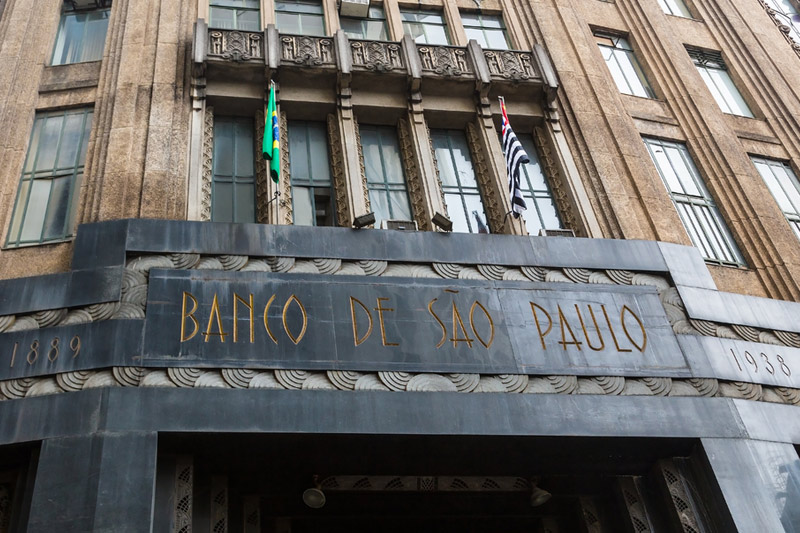BRASILIA (Reuters) - Brazilian opposition candidate Aecio Neves said on Monday that if elected president he would adopt policies aimed at bringing the inflation rate back to the centre of an official target range of 4.5 percent by the end of the four-year presidency.
President Dilma Rousseff's management of the economy has come under heavy criticism ahead of the election on Oct. 5, but while leading opinion polls show Neves narrowing the gap they still point toward a victory for the incumbent.
Neves said in an interview with GloboNews TV that he would do what is necessary to keep prices in check. The centrist senator also said that he would also seek to lower the target range for inflation.
"We will reach the end of our mandate with inflation at the centre of the target and from there we will reduce the excessively wide tolerance band to have a lower target centre in the future," Neves said.
The central bank targets inflation at 4.5 percent, with a tolerance margin of 2 percentage points, but inflation has remained well above the mid-point during Rousseff's time in office.
Consumer prices barely rose in July, but 12-month inflation stayed at 6.5 percent - the top of the target range.
Neves has criticized what he calls wasteful government spending and price-control policies that have kept electricity and fuel prices artificially low in recent years. The need to raise those administered prices in the future has pushed up inflation expectations in Brazil.
Rousseff's allies said that Neves would cut spending on social programs that helped millions get out of poverty to ease inflation. Neves has denied that he will get rid of those programs which provide affordable housing and subsidies for the poor.
(Reporting by Alonso Soto; Editing by Simon Cameron-Moore)
